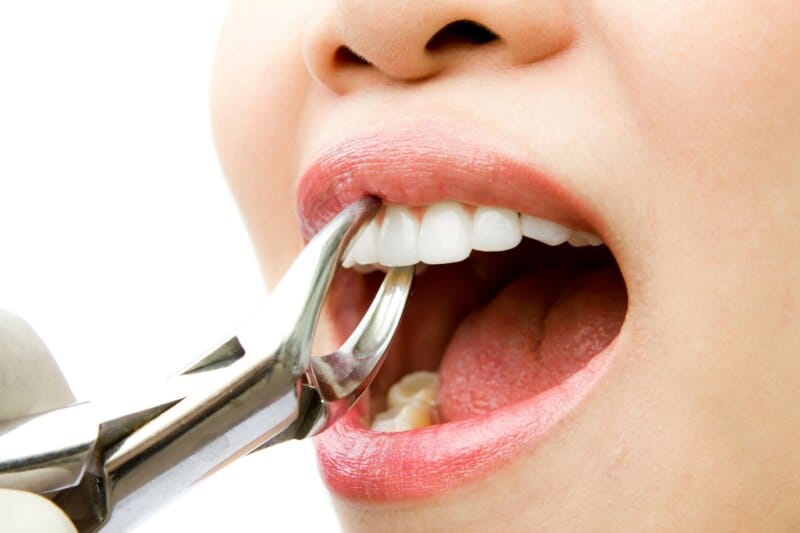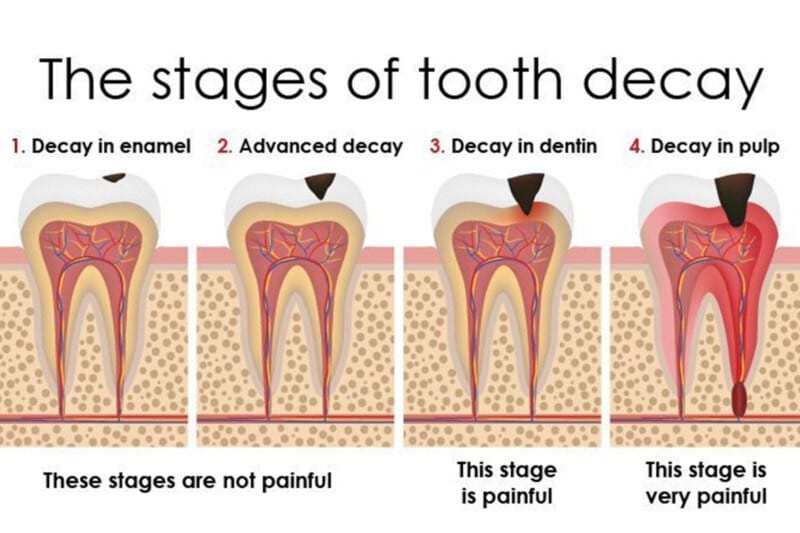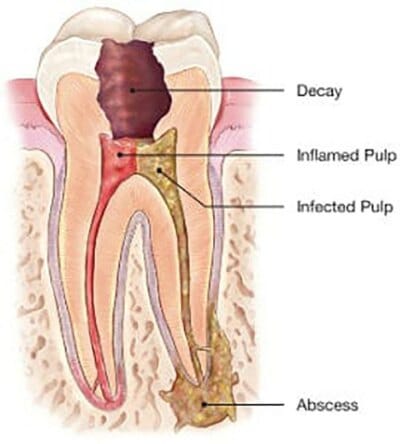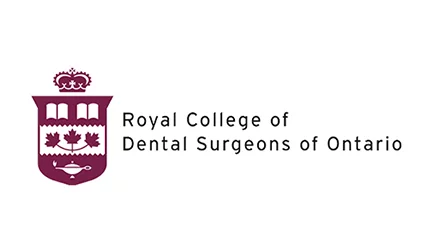HOW TOOTH DECAY AFFECTS YOUR ORAL HEALTH?
Tooth decay occurs when the bacteria in your mouth destroy your teeth’s enamel by forming small openings or tiny holes in your teeth which causes deterioration in their functionality. Tooth decay usually happens when people do not maintain good oral hygiene and consume a lot of sticky, starchy, or sugary food items. Various symptoms indicate that you might have tooth decay, including:
- Persistent or repetitive toothache.
- Bad breath.
- Extreme sensitivity in teeth while consuming hot or cold food items.
- The appearance of black or brown spots on teeth.
- Visibility of holes or pits on your tooth.
If the cavities or bacteria stay in your mouth for prolonged periods, they accumulate on the surface of teeth as plaque and cause severe periodontal diseases. These periodontal diseases, if they do not get immediate treatment, can also affect your overall health to a great extent.
COMMON EFFECTS OF TOOTH DECAY ON ORAL HEALTH
Tooth decay simply deteriorates our oral health. It severely influences our chewing or speaking abilities and makes our teeth chipped, cracked, or gapped. Tooth decay should be cured in the initial stages; otherwise, it can become a reason for complex dental problems, including:
1. GUM OR PERIODONTAL DISEASES
If a person does not maintain good oral hygiene, he can encounter various gum diseases, like gingivitis. In this oral problem, the gums become swollen, red, and bleed frequently. If this problem is not treated in the early stages, it can get more severe and results in periodontitis.
In periodontitis, the teeth become loosened or fall out because the gums are pulled away from the tooth’s roots. This gum disease is mostly seen in adults.
2. SEVERE TOOTHACHE
If cavities or bacteria remain in your mouth longer, they can cause severe and persistent toothache. When teeth are severely decayed, the bacteria enter the hollow chamber inside your tooth and cause infection in the soft tissue or pulp. This causes intolerable pain in teeth and spreads to other mouth structures.
3. DENTAL ABSCESS
The infection caused by tooth decay also becomes a reason for dental abscesses. This generally happens when a puss or plaque builds up beneath your gums and teeth. The common symptoms of dental abscess are fever, pain, difficulty in breathing or swallowing, swelling, or erythema.
The dental abscess, if not treated, immediately spreads to the surrounding teeth and causes fatal complications; it can also spread to your jaws, head, and neck.
4. BAD BREATH
You can have fetid or bad breath due to the accumulation of bacteria or plaque on the tooth’s surface. If you experience this symptom, you might have tooth decay and need immediate treatment. Moreover, you should brush or floss your teeth at least twice a day to prevent this problem.
5. EXTREME TOOTH SENSITIVITY
Prolonged tooth decay or gum recession can leave tooth sections, specially dentin, unprotected and exposed, which causes extreme sensitivity while chewing hot or cold food items. In such cases, patients find difficulty consuming their food and should consult their dentist at once.
COMMON SYMPTOMS OF TOOTH DECAY:
Sometimes people do not show any major symptoms of tooth decay or do not feel any pain when the decay is at the initial stages; however, if you have the following symptoms, you might have a dental cavity that needs to be treated early.
- A toothache is the most common symptom.
- Swelling in your gums near a sore tooth.
- Brown, grey, white, or black spots on your teeth.
- An unpleasant taste in the mouth or the presence of bad breath.
- Bleeding gums or any other sort of gum disease.
- Toothache or mouth pain.
- Sensitivity to extremely cold or hot food items.
- Redness around or inside the mouth.
If you feel any of the above-mentioned symptoms, you might be in a dire need of dental help, as untreated cavities for prolonged periods lead to serious health problems.
HOW TO PREVENT TOOTH DECAY?
If you take care of your oral hygiene, you can prevent tooth decay in the first place but if you have already encountered it, seek professional help as soon as possible to avoid severe consequences. You can also prevent tooth decay by following some simple steps, including:
- Brush daily with a fluoride-based toothpaste.
- Have regular appointments at your dentist.
- Consider having dental sealants.
- Rinse your mouth with lukewarm water.
- Avoid eating snacks or junk food.
- Ask about antibacterial or fluoride treatments from your dentist.
- Try to eat tooth-healthy food items.
Tooth decay should be prevented in the initial stages to avoid severe consequences in the future, as cavities and bacteria become a reason for several periodontal diseases and affect wisdom tooth functionality.
VARIOUS DENTAL TREATMENTS TO CURE SEVERE TOOTH DECAY
If tooth decay has become severe, it cannot be reversed by simply fluoride treatments and require professional help. The dentist recommends different treatments for curing tooth decay depending on the severity of your infection.
DENTAL FILLINGS:
Dentist suggests that patients should have dental fillings when the cavity has exceeded the initial stages and have caused severe oral damage. The presence of bacteria in your mouth for extended periods can cause holes or openings in your teeth. During the dental fillings procedure, dentists fill the gapped teeth with tooth-coloured fillings and remove the decayed portions of the teeth.
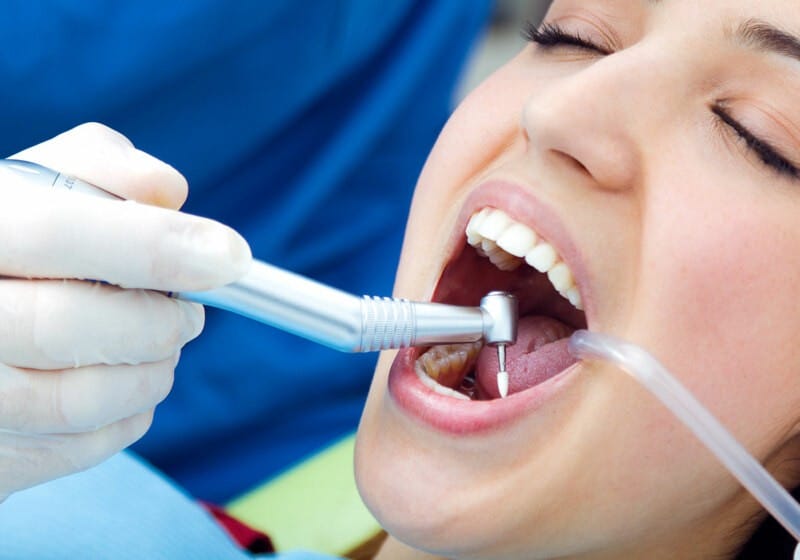
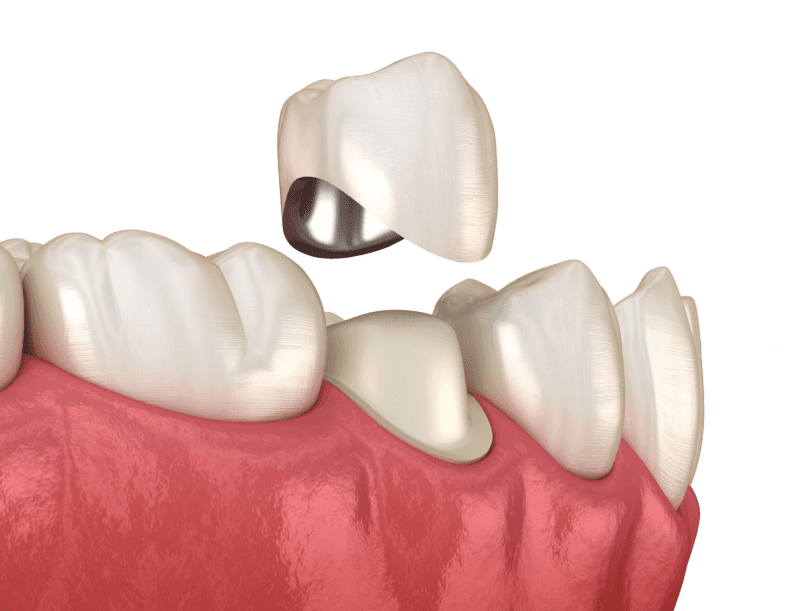
DENTAL CROWNS:
Through dental crowns, the dentist can effectively restore damaged or decayed teeth. Although crowns do not last forever, still after having them, patients no longer need to worry about tooth decay. Dental crowns are the dental caps that the dentist places over decayed or damaged teeth. After the placement of these caps, the size, shape, function, and appearance of teeth are restored as the dental crowns cover the visible portion of the teeth.
FLUORIDE TREATMENTS:
Sometimes, cavities can be cured in the early stages through fluoride treatments. Fluoride helps to restore the dental enamel and reverses the tooth cavity. The dentist might provide you fluoride treatments through gels, liquids, varnish, or toothpaste, or they place a tray containing fluoride on your teeth. This treatment is only suitable when the cavity has not spread over multiple teeth and has not affected the three main layers of our teeth.

ROOT CANAL TREATMENT:
Root canal treatment can also repair the severely damaged or decayed tooth. When the cavities reach the inner layer of your teeth, the pulp, then the root canal treatment becomes necessary. In the root canal procedure, the deceased or damaged pulp is removed and replaced with tooth-colored fillings.
TOOTH EXTRACTION:
Sometimes, the decay reaches its last stage by completely destroying tooth structure. In such cases, teeth cannot be repaired and are generally replaced to stop the spread of infection. After tooth extractions, patients usually undergo treatments like dental implants or bridges to replace the missing or extracted teeth and to restore their tooth functionalities.
